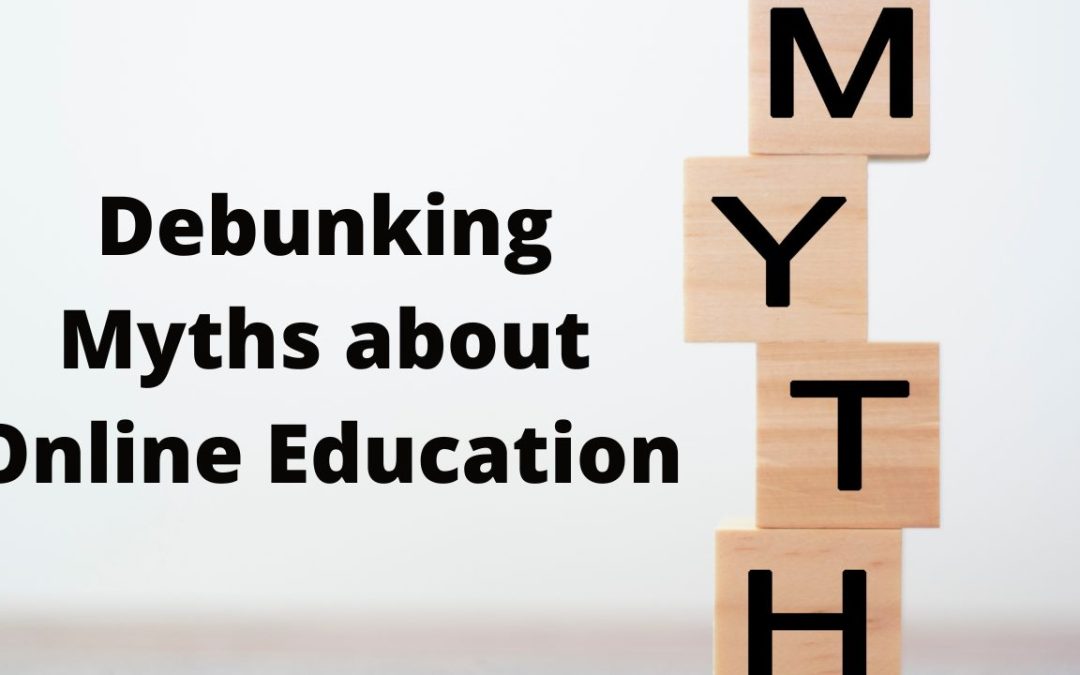Most parents, teachers, and professionals know that online education is possible. A lot of schools have furthered online education since Covid-19 and are integrating it more and more into classrooms. Despite this progress, there are still some hurdles and myths around online education that need to be called out on, so children can learn whichever way makes them comfortable.
Myth #1: No Human Interaction
Although online education can be limiting on the sociability scale, it also doesn’t mean it’s completely non-existent either. It is not a true face-to-face physical way of learning, but it’s not a robot teaching your children either. Most programs out there for schools make it possible to be a digital classroom of sorts. Just like Zoom meetings, a classroom will still be interactive with both the teacher and the students. Everyone can participate and talk and interact with each other, answering questions and even working on group projects as well. Each student is not in front of a computer just reading information – it’s still highly collaborative and participatory.
Myth #2: Math Won’t Work Over Online Channels
Many educators still feel strongly that it’s too difficult trying to teach math over online platforms, even if it’s reminiscent of a classroom type setting. They feel that math is better taught in person, where a teacher will have an easier time understanding where a student might be struggling and be able to help them.
But this simply isn’t the case! Math, just like any subject, can be taught online as well. There are many programs and teaching materials available that can still help with teaching math online, as well as any issues a child may have in grasping the information. It’s no different than learning in a classroom, and students can still learn the practical applications of math while not being in the same room as the teacher.
Myth #3: Teachers Will Be Replaced
Many people, including educators, are worried that all this online education and learning could lead to their positions becoming obsolete. If more schools use programs within their online education, teachers are afraid they will no longer be necessary to a child’s learning. But even if your school or even yourself as a homeschooler chooses more self-driven online education, there is still a need for teachers. Kids still need to experience full human interactions and will undoubtedly run into roadblocks in their learning, and they will need a teacher to help them understand.
If you’re ready to take your children on a more online-driven education, check out Homeschoolfacts.com to learn more about homeschooling your children!
Katie Kyzivat

